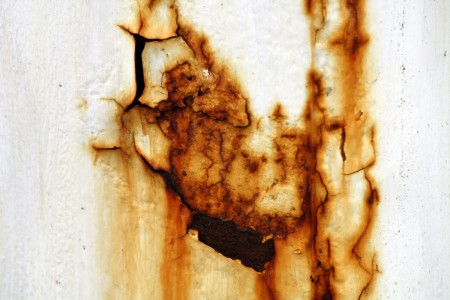When Australian Prime Minister Kevin Rudd came to power, it was hailed as a victory against climate change, given the inaction of his predecessor and the contents of the Rudd platform. Disappointingly, a key element of that has how been put on hold for a year, supposedly because of the ongoing economic crisis. Australia’s emissions trading scheme (ETS) will now launch in 2011, rather than July 2010, as originally planned.
Personally, I think it is foolish to delay carbon pricing on account of the credit crunch. We want to be rebuilding national economies in a manner complimentary to climatic stability. Also, the less time we give ourselves to increase carbon prices to the necessary levels, the more painful the eventual adjustment will be. Given that prices were to be set at $7 per tonne for the first year, the policy would not have been an excessive burden on industry, even if the funds weren’t recycled back via tax cuts elsewhere or investments in low-carbon infrastructure. A moderate carbon price now thus serves the dual purpose of alignment economic redevelopment more with environmental goals, while stretching out the total timeline across which adjustments will be made.
Like Canada, Australia has some of the highest per-capita emissions in the world. That means they bear special historical responsibility for the climate change problem. It also means they should have more opportunities for low-cost reductions in emissions. Both ethical and economic logic suggest that this delay is a mistake.





